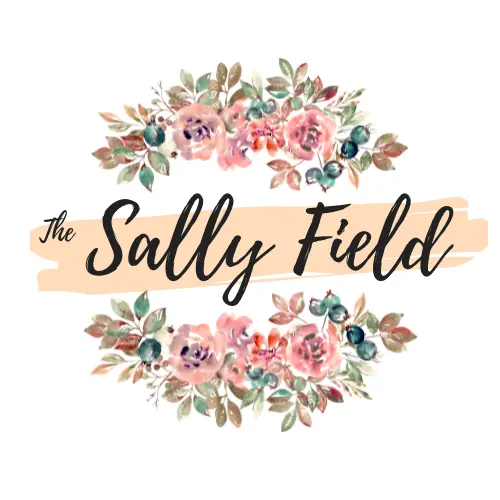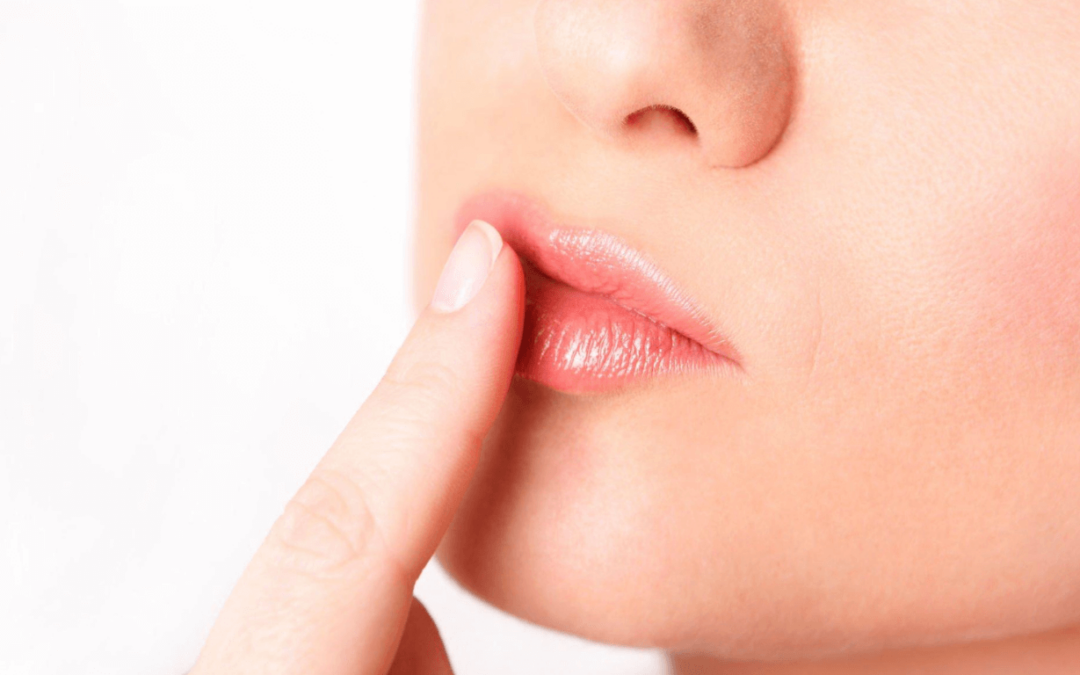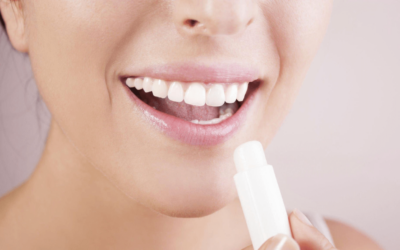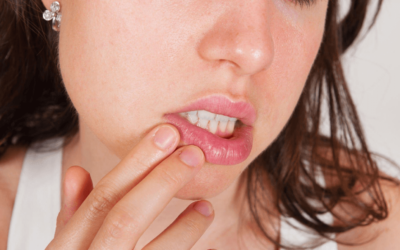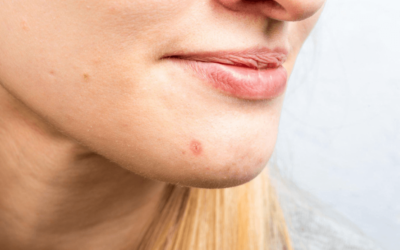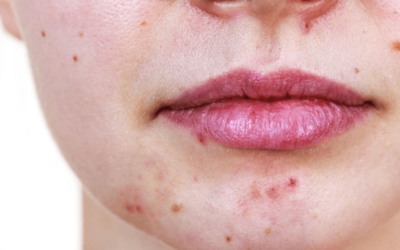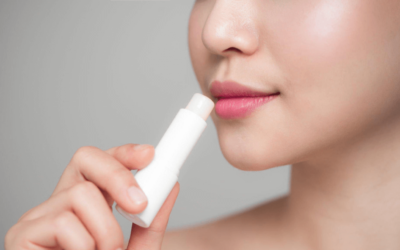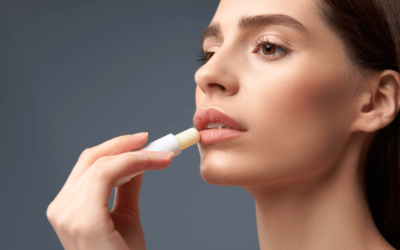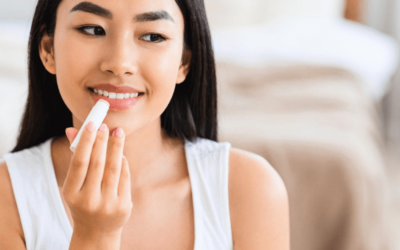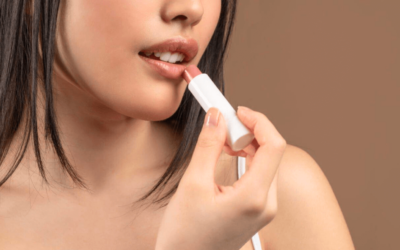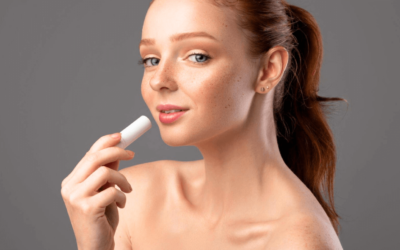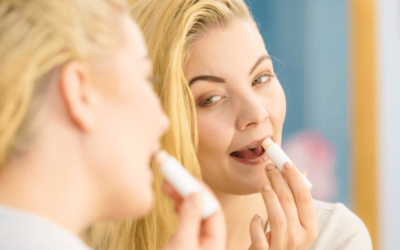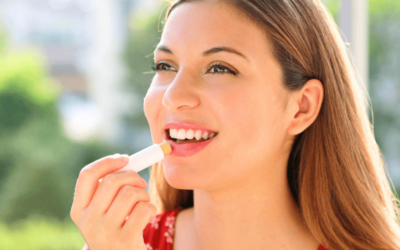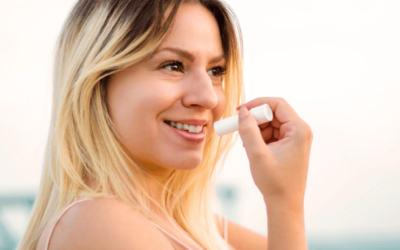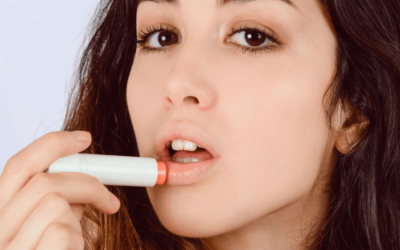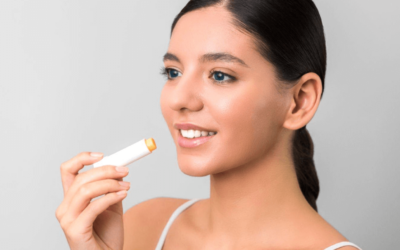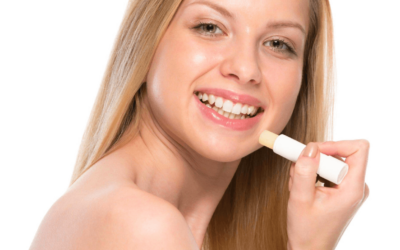In the world of beauty and skincare, lip balms have become an essential item for countless individuals seeking to maintain luscious, hydrated lips.
These compact tubes of wonder promise to banish dryness and chapping, providing a quick fix for one of the most sensitive parts of our face.
But as we dive deeper into the world of lip care, the question arises: Is Lip Balm Safe? This seemingly innocent question holds within it a Pandora’s box of considerations, and we’re here to explore every nook and cranny.
Unwrapping the Lip Balm Phenomenon
Lip balm has evolved from a basic remedy for chapped lips to an entire market segment brimming with variety.
From the ever-popular tinted balms that add a pop of color to medicated versions designed to soothe even the most cracked lips, the options are seemingly endless.
But amidst this plethora of choices, concerns about the safety of these products have raised eyebrows.
The Chemistry Behind Lip Balms
To understand the safety of lip balms, it’s crucial to delve into their chemistry. Most lip balms consist of a combination of waxes, oils, emollients, and sometimes additional ingredients for flavor, scent, or medicinal purposes.
The primary goal is to create a barrier that prevents moisture loss from the delicate skin of the lips. Common ingredients include beeswax, shea butter, coconut oil, and petroleum jelly.
Are Natural and Organic Lip Balms Safer?
The surge in demand for natural and organic products has influenced the lip balm market as well. Many consumers believe that opting for a natural lip balm eliminates potential risks associated with synthetic chemicals.
Ingredients like plant-derived waxes and essential oils are often used in these formulations.
While they may reduce exposure to certain synthetic compounds, it’s important to note that natural ingredients can also trigger allergies or sensitivities in some individuals.
The Paraben and Preservative Debate
Parabens and preservatives are subjects of ongoing scrutiny in the cosmetic industry. These additives are used to extend the shelf life of products, preventing the growth of harmful microorganisms.
However, there are concerns that some parabens might disrupt hormones or cause skin irritation. Many companies have responded to these concerns by producing paraben-free or preservative-free lip balms.
Balancing Act: Fragrances and Flavors
Who can resist the allure of a lip balm that smells like strawberries or tastes like minty freshness? But fragrances and flavors can be potential sources of skin irritation for some individuals.
Artificial fragrances, especially, may contain a mixture of undisclosed chemicals. Opting for fragrance-free or naturally scented lip balms might be a safer choice for those with sensitive skin.
SPF and Lip Balm: Sun Protection Matters
The importance of sun protection cannot be overstated, and this holds true for our lips as well. SPF-infused lip balms offer a dual-purpose solution: moisturizing and shielding lips from harmful UV rays.
The delicate skin on the lips is particularly vulnerable to sun damage, making SPF lip balms a valuable addition to one’s skincare routine.
Lip Balm Addiction: A Real Concern?
Can you really become addicted to lip balm? While not a physical addiction in the traditional sense, the reliance on lip balm could be psychological or habitual.
Constantly reapplying lip balm might create a cycle of dependence, as frequent application can strip the lips of their natural oils, leading to a perceived need for more balm.
Lip Care for Every Season
The changing seasons bring different challenges for lip care. Harsh winter winds and blazing summer sun both take their toll on our lips.
Adapting your lip balm choice to the season can help maintain the health of your lips. Thicker, more emollient balms might be preferred during winter, while lighter formulations with SPF are great for summer.
The Myth of Lip Balm Ingredients Entering the Body
A popular urban legend claims that we unknowingly ingest pounds of lip balm ingredients throughout our lives.
However, experts suggest that the amount of lip balm ingested is minuscule and unlikely to cause harm. The body’s natural processes often prevent the ingestion of harmful substances.
Consulting the Experts: Dermatologists’ Insights
When in doubt about the safety of any cosmetic product, it’s wise to turn to the experts.
Dermatologists can provide invaluable insights into which lip balm ingredients to embrace and which to avoid, based on your individual skin type and sensitivities.
They can help you decipher ingredient lists and make informed choices.
Reading Between the Lines: Decoding Labels
The small print on lip balm labels can hold crucial information about its safety. Familiarizing yourself with common lip balm ingredients and their potential effects can empower you as a consumer.
Look for balms with simple ingredient lists, avoid those with allergens if you have sensitivities, and consider reaching out to the manufacturer for more information if needed.
Pampering Your Lips Naturally
For those who prefer a DIY approach, crafting your own lip balm can be an enjoyable and safe endeavor. By using simple, natural ingredients, you can customize your lip care routine to suit your preferences.
Beeswax, shea butter, coconut oil, and essential oils can all play a role in your homemade lip balm adventure.
Sensitive Skin and Allergies: Proceed with Caution
Individuals with sensitive skin or allergies must exercise caution when choosing a lip balm.
Allergic reactions to certain ingredients are not uncommon and can manifest as redness, itching, or swelling.
Performing a patch test before applying a new lip balm to your entire lips can help prevent adverse reactions.
The Bottom Line: Safety First
In the grand scheme of things, lip balms are generally safe for the majority of individuals. However, as with any cosmetic product, there’s no one-size-fits-all answer.
Lip balm safety is a subjective topic influenced by personal sensitivities, allergies, and preferences.
By staying informed, reading labels, consulting experts, and listening to your own body, you can confidently navigate the world of lip care.
So, is lip balm safe? The resounding response is a qualified yes. With awareness and discernment, you can enjoy the benefits of lip balms while keeping your precious pout pampered and protected.
Whether you opt for the classic chapstick or explore the realm of natural, organic alternatives, your lips deserve the best care you can provide.
Remember, in the journey towards healthy and happy lips, safety should always be a top priority. With a plethora of options at your fingertips, it’s time to confidently embrace the world of lip balms and let your radiant smile take center stage.
